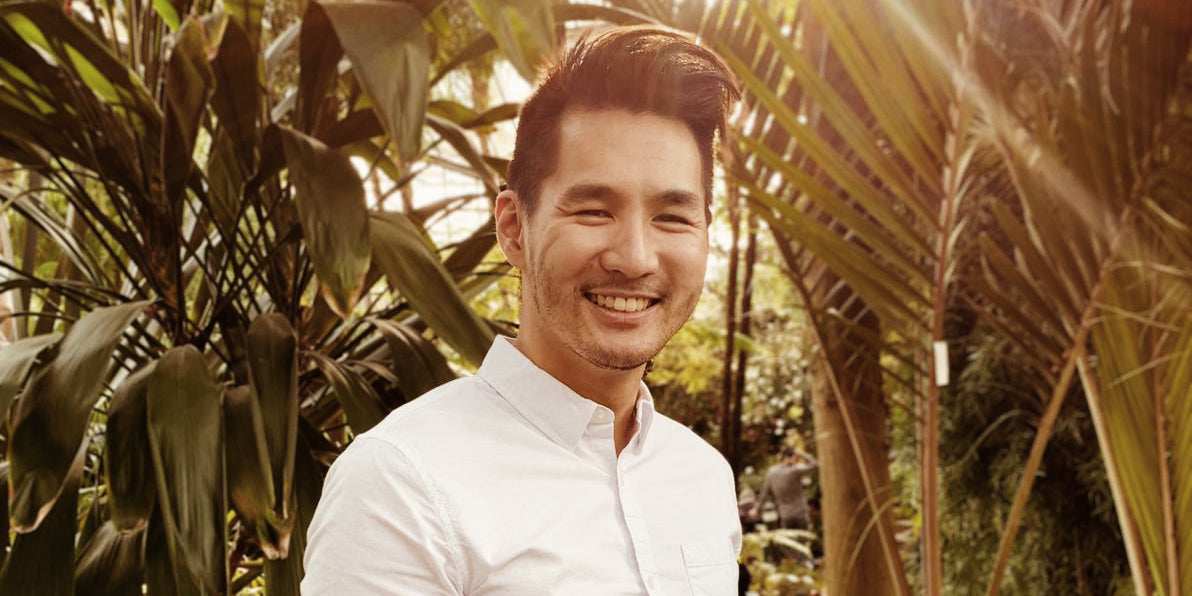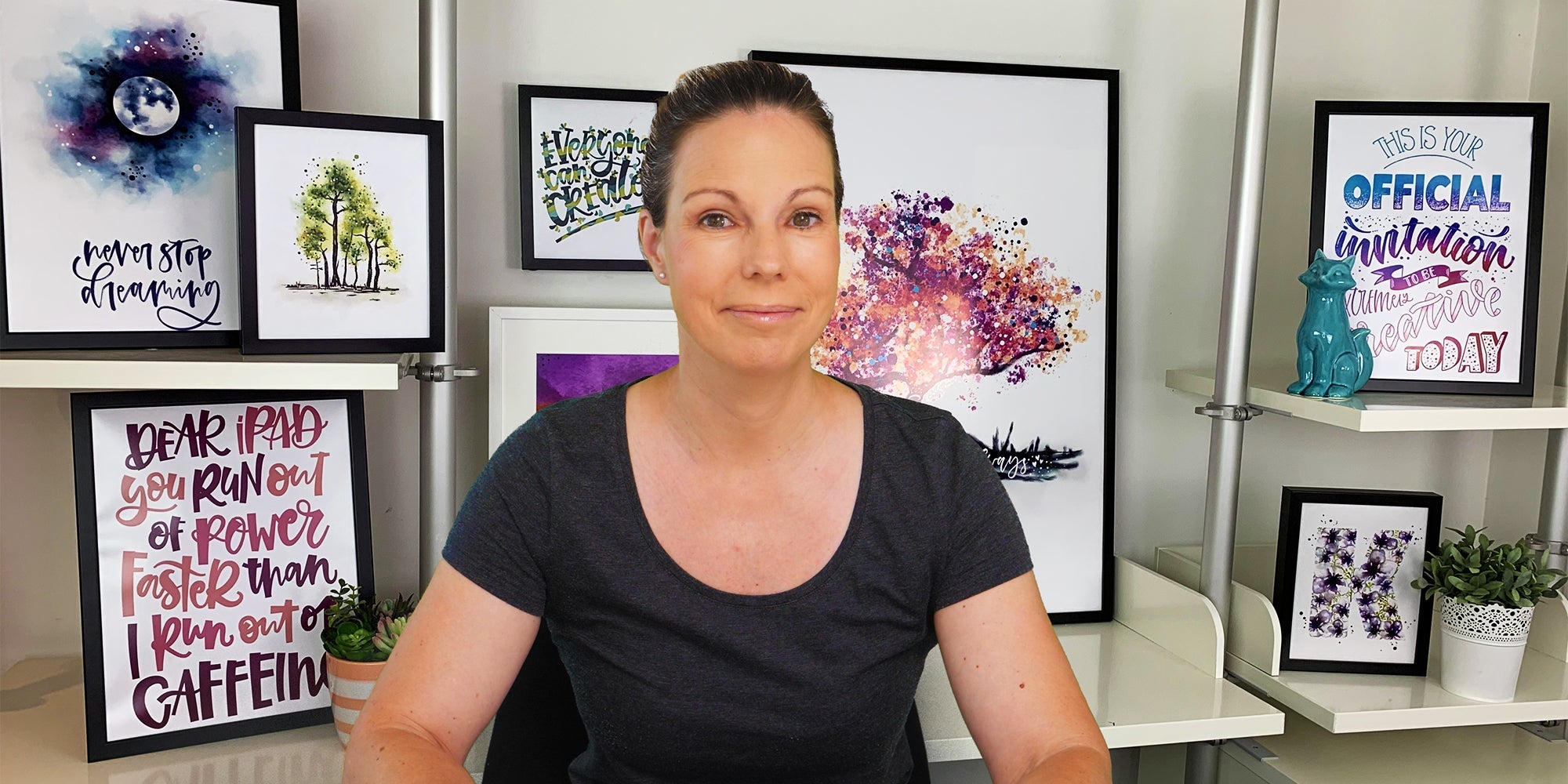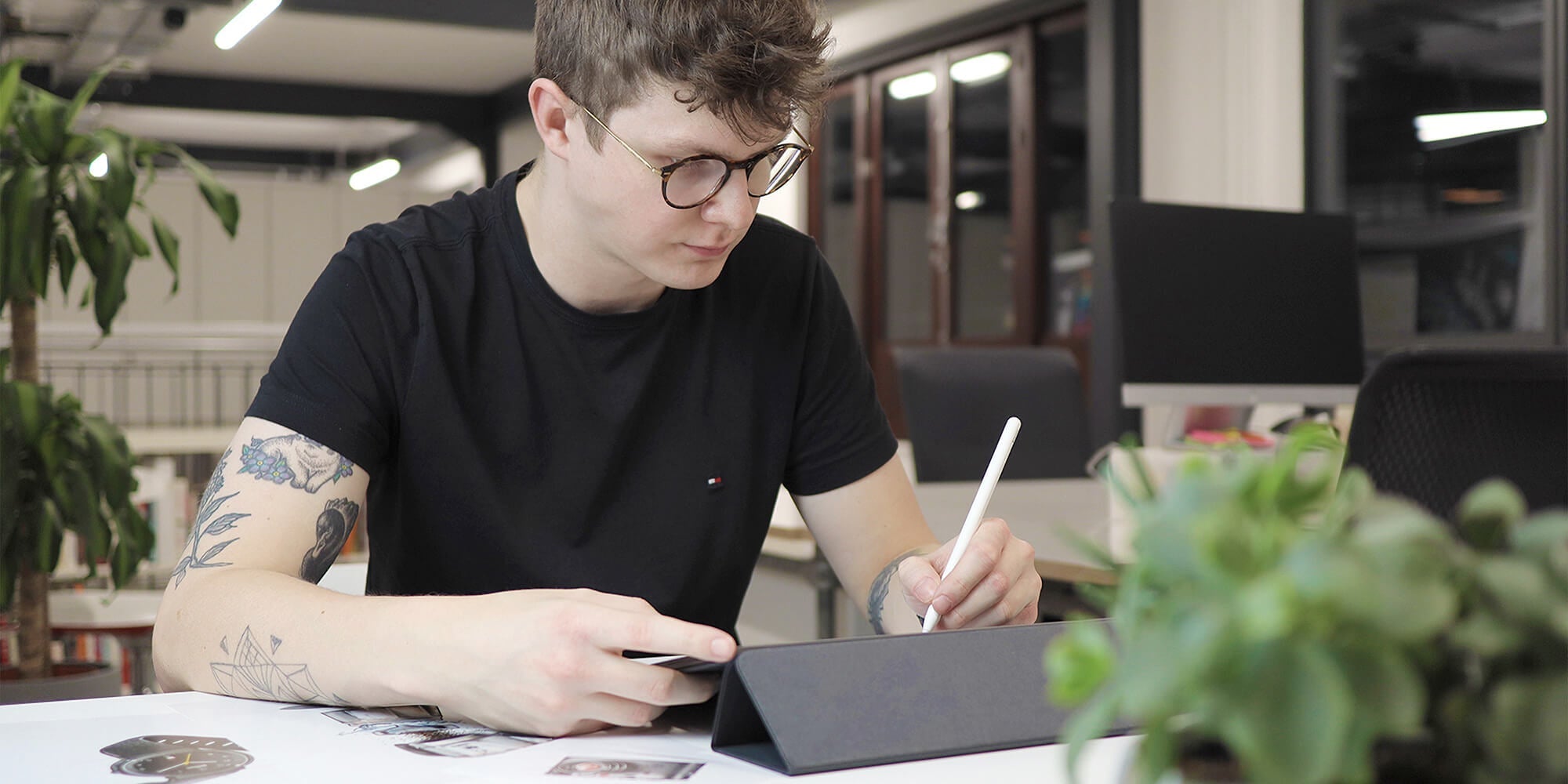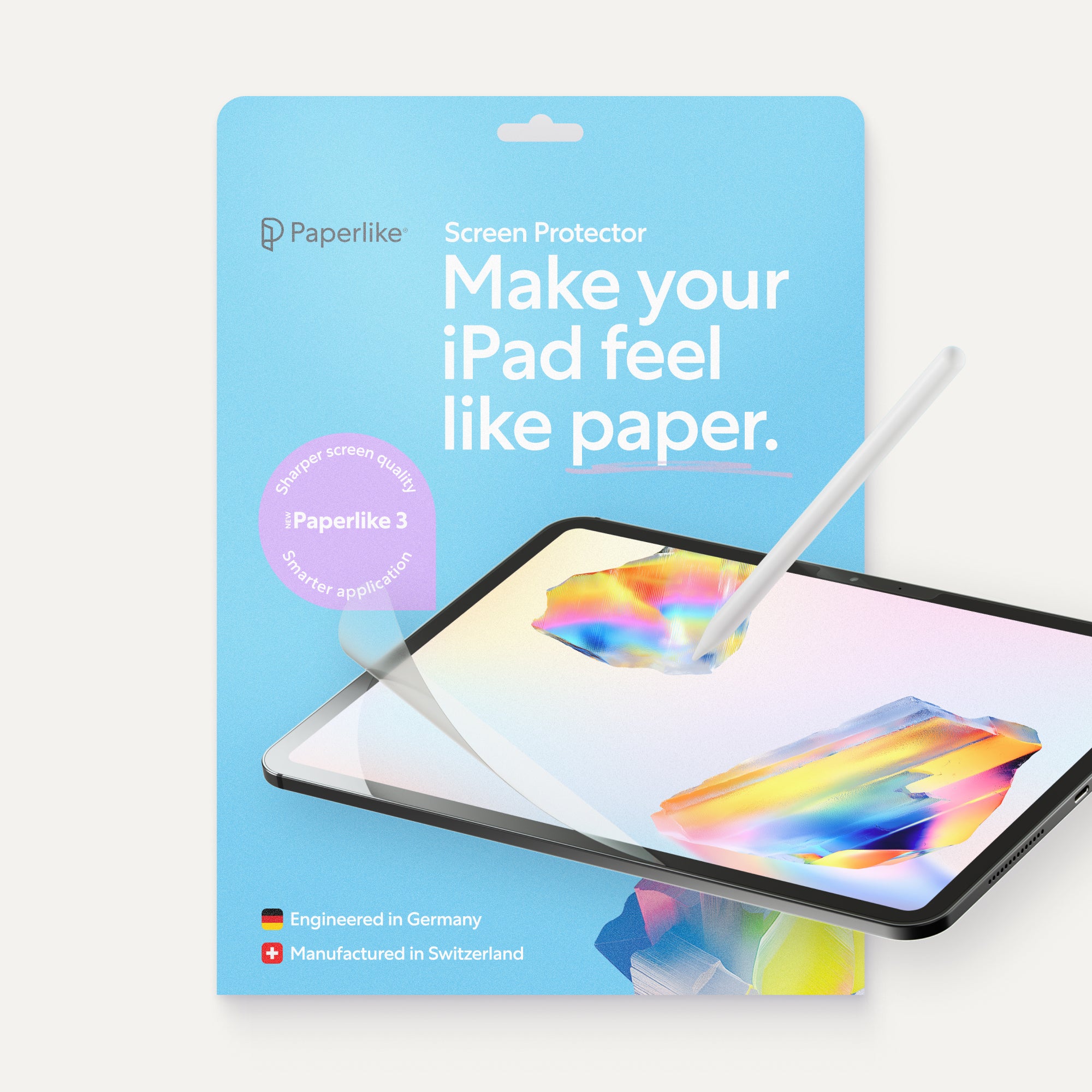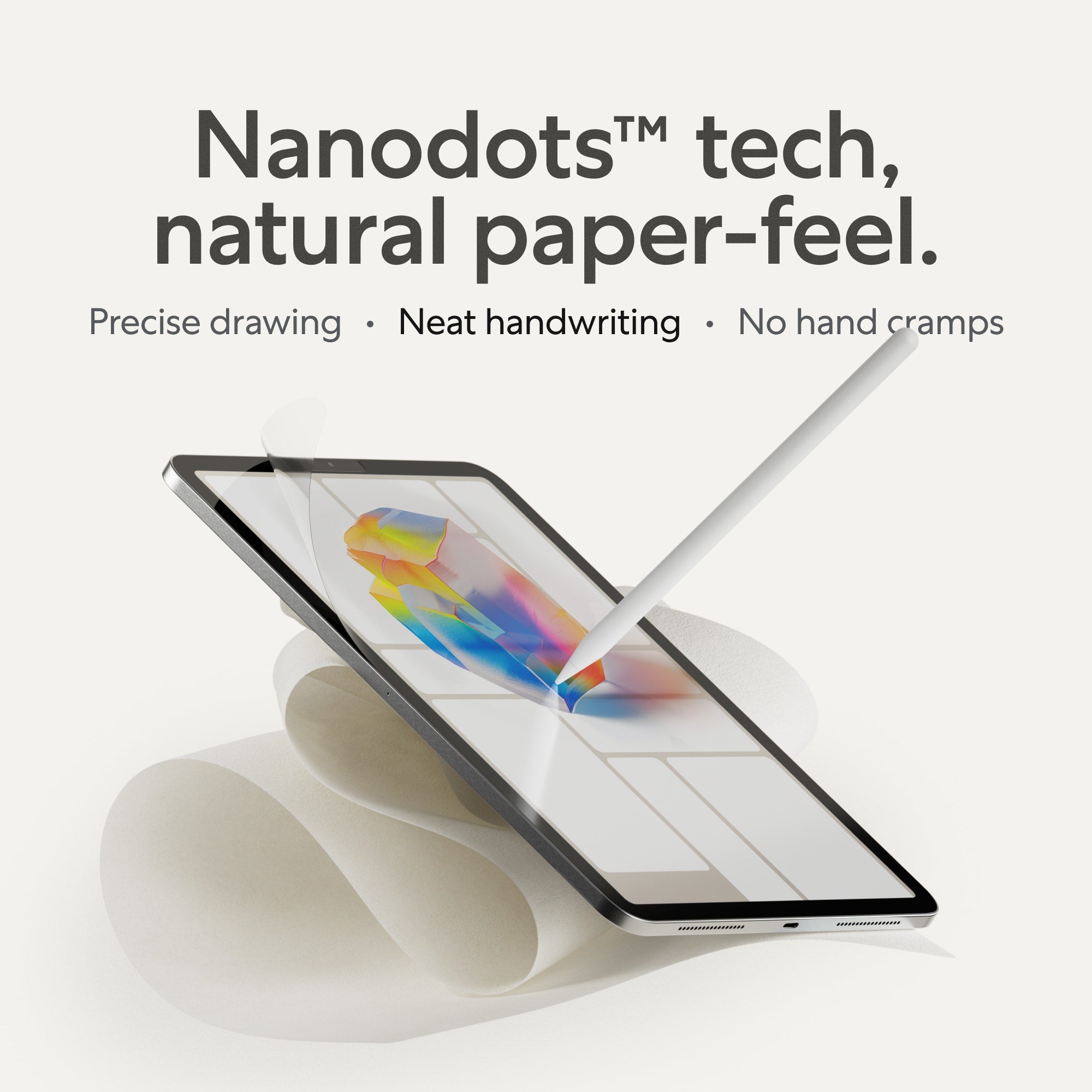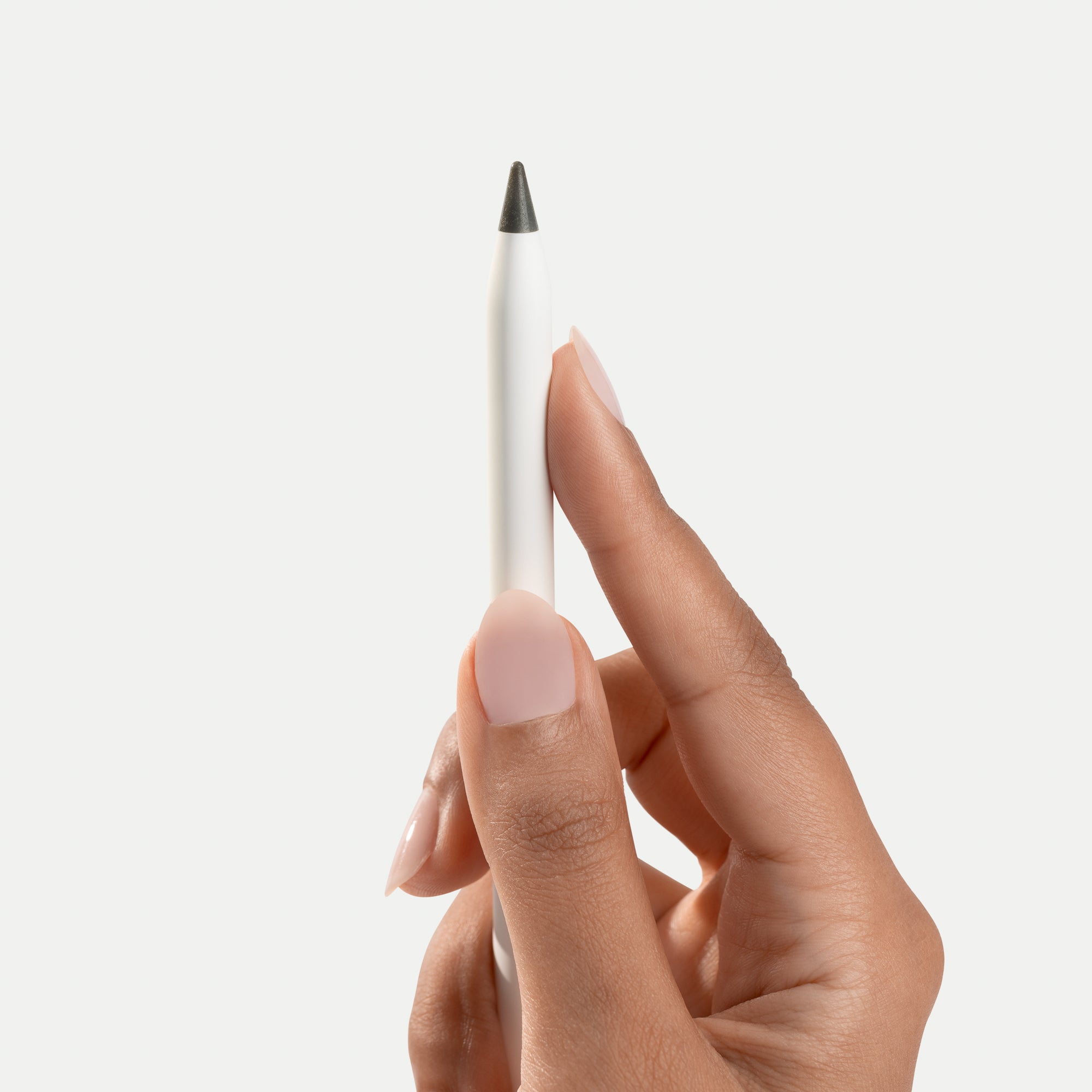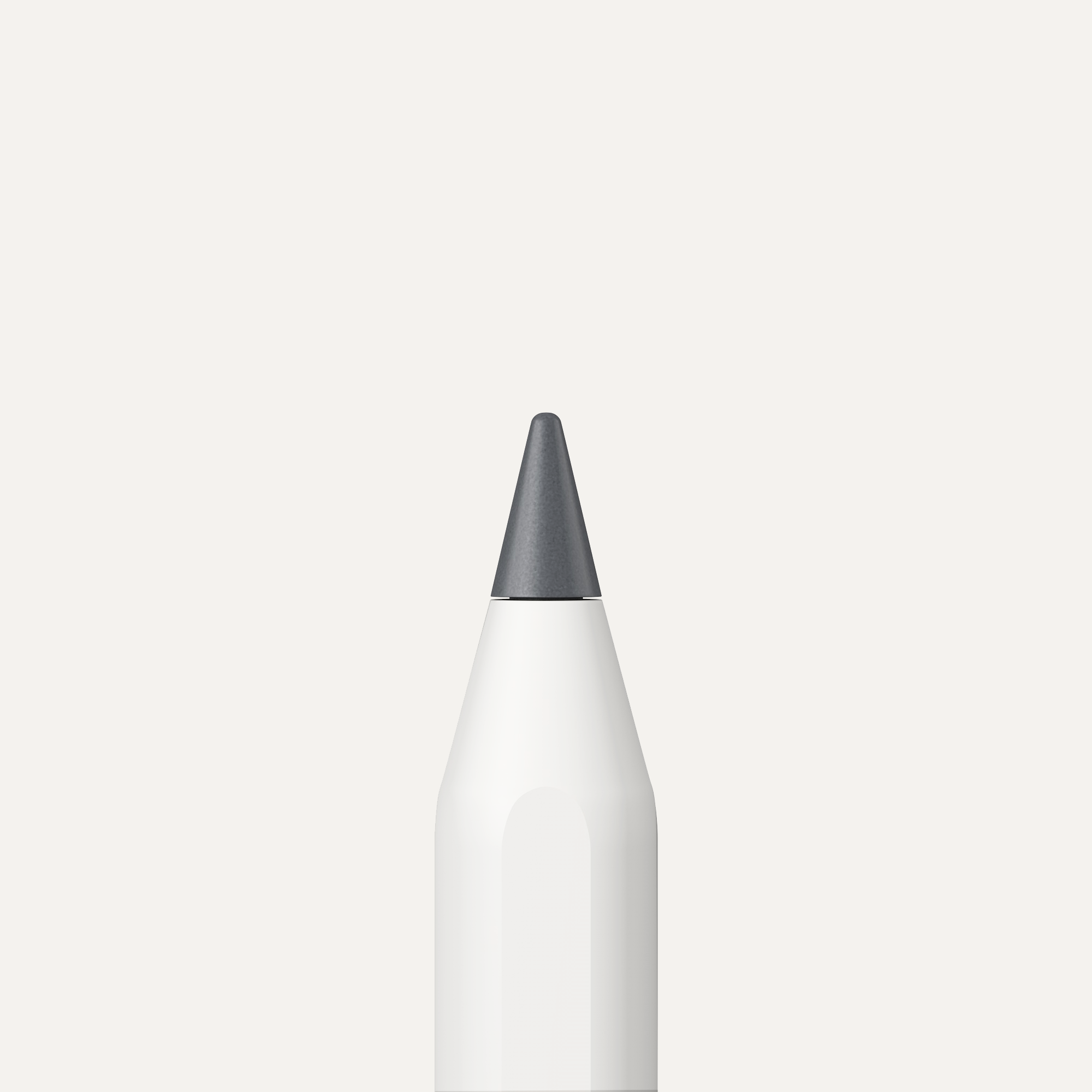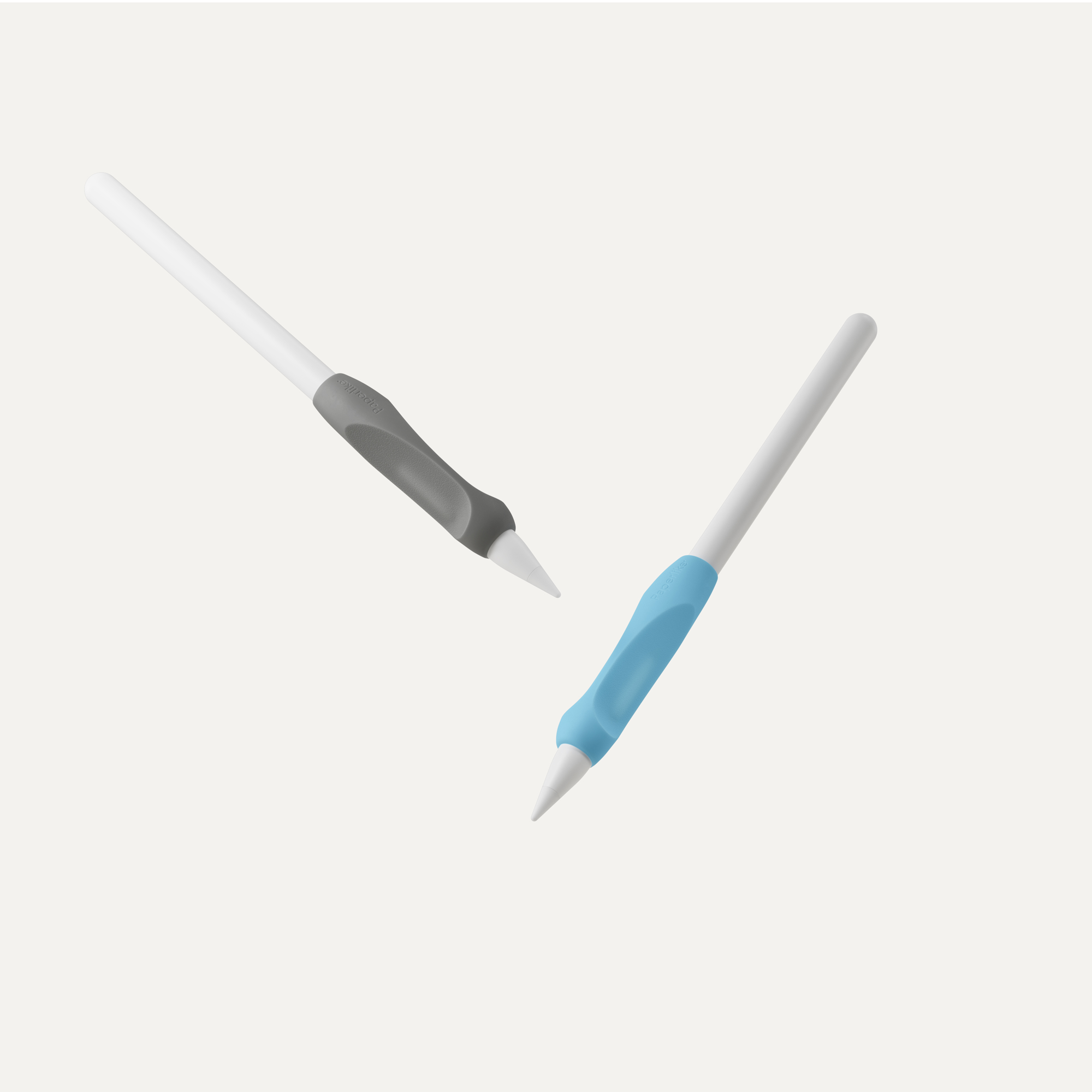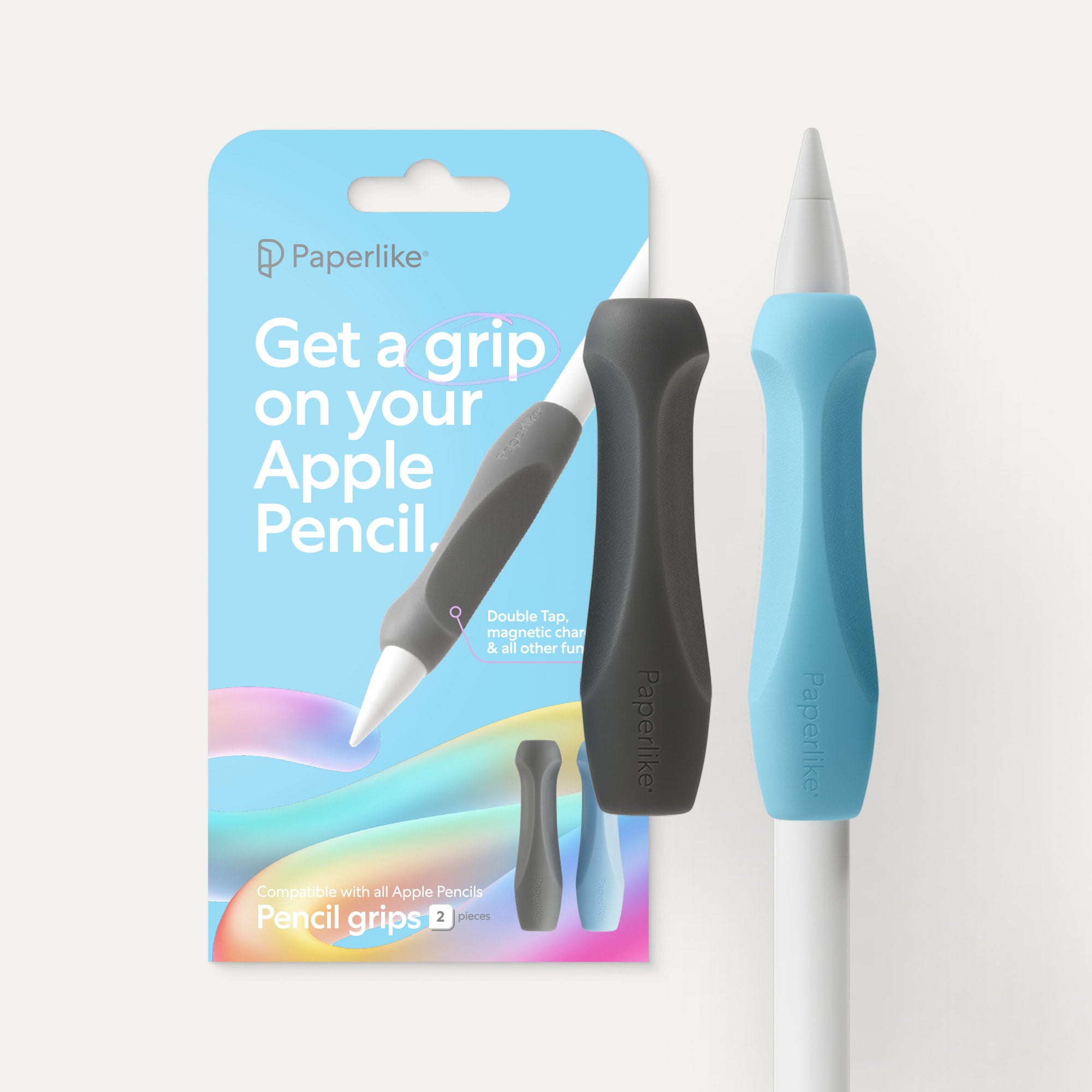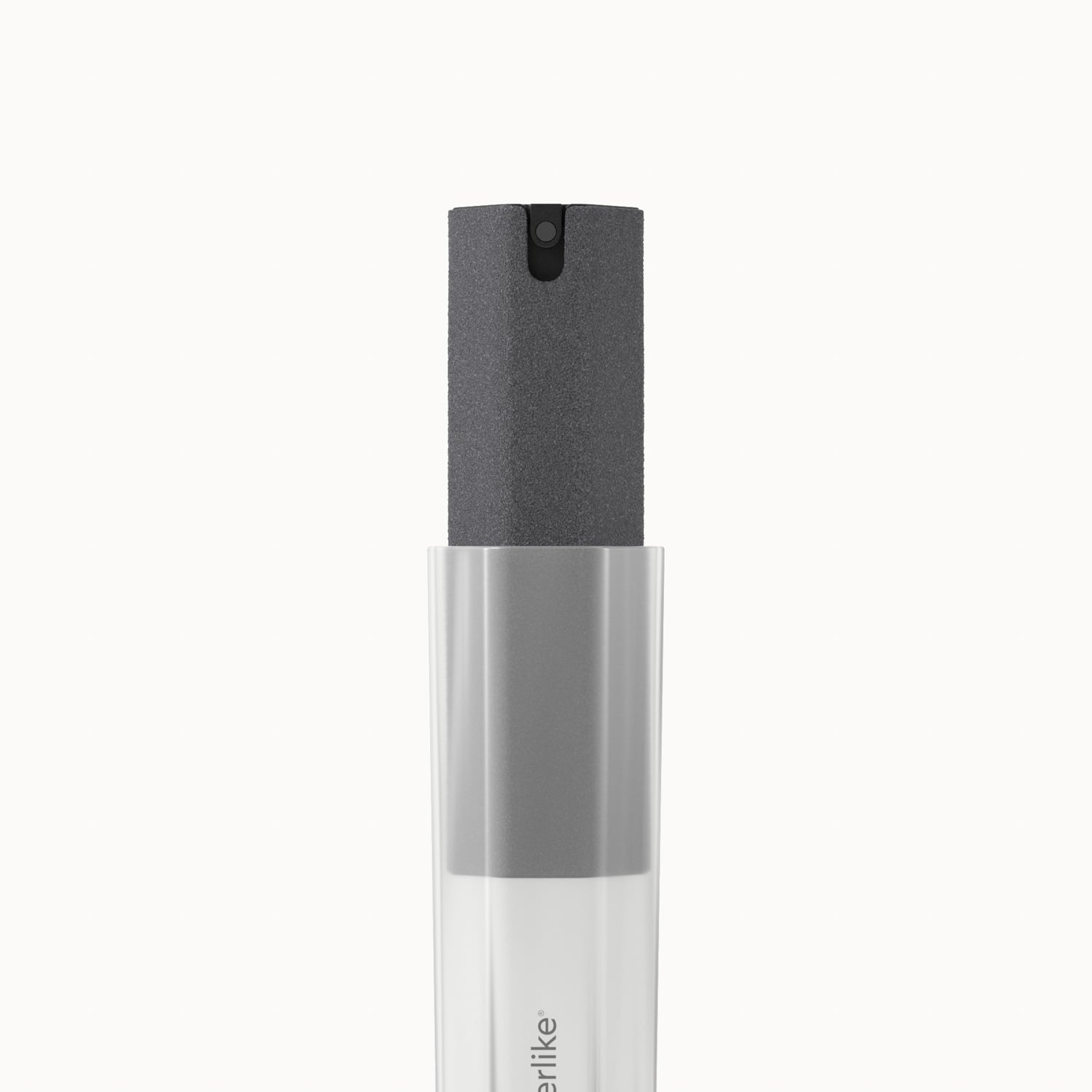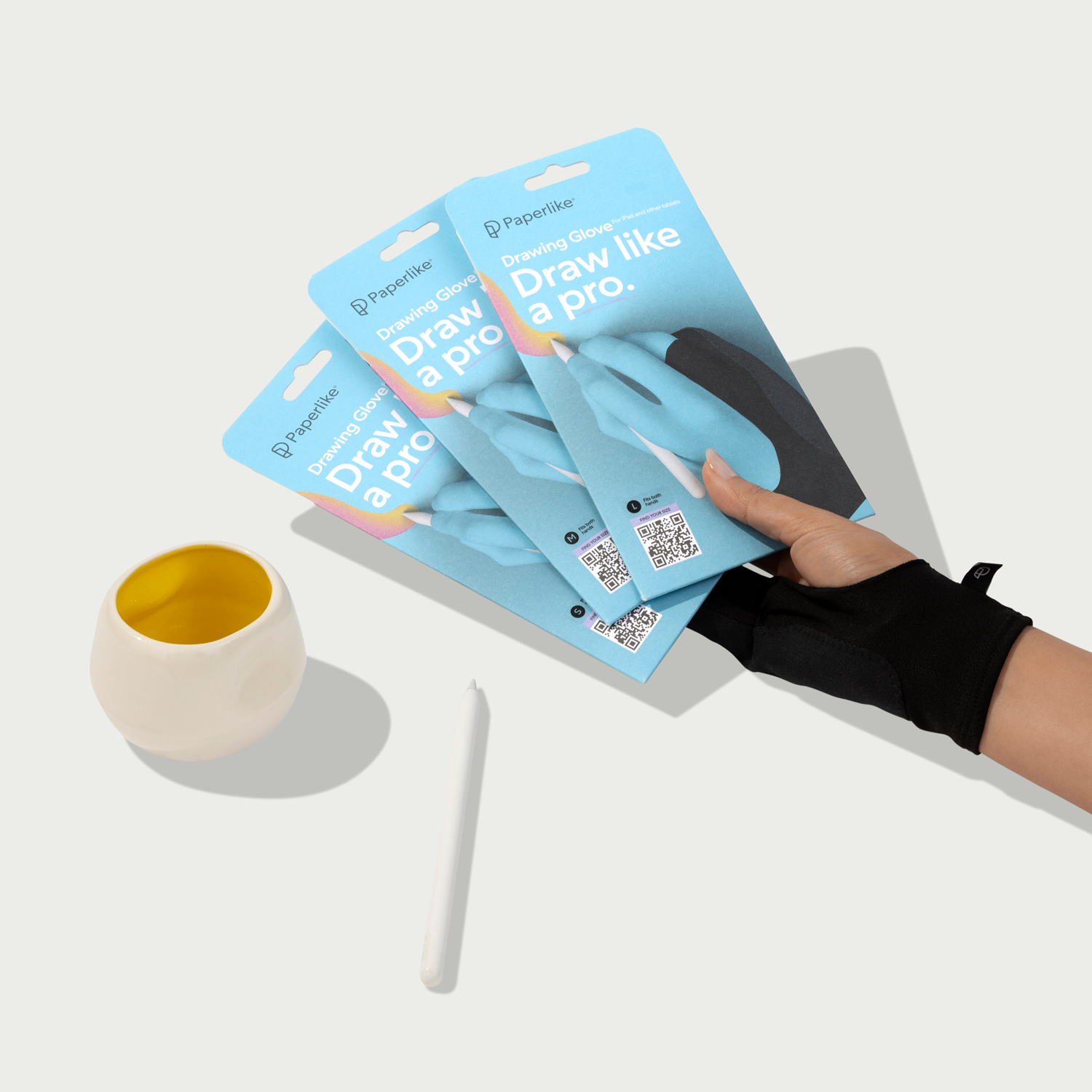Bo Feng Lin is a digital artist based in Hamburg, Germany, though he considers himself an “aspiring Canadian” (you’ll find out why later). He specializes in drawing portraits of women, women who are somewhat-controversially very beautiful (more on that later as well). Though still attending university at HAW Hamburg, Bo Feng has turned his craft into an incredibly lucrative career. This is the story of Bo Feng’s stalwart persistence, handling of criticism, and the monetization of his passion.
The family tree and the journey
Bo Feng Lin always knew he was destined to make his living as an artist. But it would be many years before those around him felt the same way. His friends said he’d never make it and his parents feared for his future
Bo Feng bought his first tablet for $200 when he was 13 year old. His mother was so worried about the direction his life was taking that she hid the package for a few days before finally turning it over to him.

“She wanted me to study,” Bo Feng told me. “After school, whenever I finished my homework and I got free time, I’d use it to paint and draw on the tablet. I drew so much that my father once said that it’s useless to do it, and to just study. He said, ‘You can have it as a hobby to paint and draw, but you will have to find a job to get money, and art is not a very good job for that.’”
Bo Feng’s parents had historical reasons to be concerned about his ability to survive. The family has faced more than its fair share of adversity and upheaval in the last few generations. During the World War II, Bo Feng’s grandparents left China to settle in Vietnam, only to depart again for Germany during the Vietnam War (Bo Feng’s parents met in Germany). The lessons learned from those trials can span multiple lifetimes.
Perhaps that’s why Bo Feng’s parents wanted him to have a prestigious profession. A career in medicine was top of the list, but Bo Feng wasn’t interested in the slightest. He figured that architecture school would be a fair compromise, but he only lasted two weeks in his architecture program before growing frustrated and bored by drawing balls and cubes.
“I had to quit immediately,” Bo Feng admitted. “I had to call my dad and say I didn’t like it. That was the hardest call of my life. I was sitting in my apartment which I moved into only two weeks ago, and I had to tell him that this wasn’t what I wanted to do with my life. I told him I wanted to pursue art. He was very sad in that moment. I could hear it in his voice. But he quickly became very understanding and said that I have to do whatever I need to feel happy.”
That’s so cliché
In 2014, Bo Feng was admitted to art school, but it wouldn’t turn out to be the incredible experience for which he was longing. As it turned out, neither his classmates nor his teachers approved of Bo Feng’s work.

“My professors always said things like ‘that’s not good, that’s so cliché, you have to paint something else,” Bo Feng says. “I drew very pretty girls, and this is what bothered them. They didn’t like that they were very sexy girls, model-like girls. They wanted me to have realistic girls. They wanted to show everyday girls. That’s okay, but it’s just not my interest. So I lost interest in university almost completely because of that, because no professor supported me.”
His interest in art school disappeared completely, but for the most part, Bo Feng ignored the negativity directed at his work. He persisted with his passion. Even though he doesn't receive support for his work and there's a lack of advanced digital art classes, Bo Feng is still intent on finishing his degree.
Shun the nonbelievers
That's likely because Bo Feng has already developed a considerable following. He started his Instagram account in 2013, initially uploading his art just for fun.
However, his work has since turned into a lucrative business. “People commented on my work and my following grew,” he says. Today, Bo Feng has 70,000+ followers on Instagram and he’s managed to build up a clientele of individuals and companies that commission his artwork, including Melt Cosmetics in the USA, and Huion in China.
“I thought it was so amazing,” Bo Feng said, “because I got to do whatever I liked and I got paid for it. I could never imagine that when I was a kid—getting paid for stuff that I loved to do.”

Now, working through the final year of his art degree, Bo Feng said that going to school did provide him with something valuable. Being a student gave him time to work on his craft while attending classes. “What I got the most during university was time. I had lots of time to learn on my own, do all the artwork that I was interested in, and publish it.”
Digital native
Another drawback of art school for Bo Feng has been the lack of focus on digital art, which is where his passion lies.
“I mostly do digital art,” Bo Feng told me. “My school is more focused on traditional art—using pen and pencil, brushes and paper. I like that a lot, but I wanted to learn more about the digital world. Nowadays social media plays a big role in art, and you just have to be up to date. Keeping traditions is very important, but you also have to move on. They’re slowly doing it now, they have digital art classes, but when I was first there, they had one or two classes and it was just the basics. I felt underwhelmed completely because I started when I was 13 years old. I expected some top-level education, and I got really bored.”
Bo Feng loves his tools of the trade. He still has that first tablet he bought as a kid, and a year ago, he found a marvelous new accessory for it—the Paperlike screen protector (shameless plug in progress).

“I was looking for a screen protector which has some grip or texture for painting,” Bo Feng told me, “and I found Paperlike. Immediately I could see the difference. I love the rough texture it has. It’s specifically for people who use the Apple pencil. Painting on it is such a big difference compared to painting on the bare screen, which is so slippery when you paint on it. I would recommend it to all artists who paint on their tablet. It feels amazing. It really feels like paper.” (Shameless plug over!)
Advice for aspiring digital artists
Bo Feng says that most artists charge too little for their work at the beginning. So did he. “I was always afraid to raise my rate, because what if the client doesn’t come anymore? What if they think it’s too expensive? I always had this fear. Artists know the craft very well, but they don’t know the business aspect.”
Not everyone can orchestrate a successful career as an artist because it’s not an easy road to travel. But Bo Feng is living proof that—for some—the unlikely is entirely possible if you don’t give up too quickly. “There will always be people who will follow you and like your work. Just keep going and never give up.”
What’s next for the aspiring Canadian
Similar to his grandparents, though for entirely different reasons, Bo Feng is considering a move away from his home country.

The dream to move away started after Bo Feng graduated from high school in Pforzheim, a small city in southern Germany. He opted to spend a gap year in Toronto, Canada, and he’s never forgotten how much he loved it there. “It’s my goal to move to Canada one day,” he told me. “It’s a big dream of mine. Ever since I left Canada, I told myself I will go back there and I will move for good. That was 2012, and I still think about it every day.”
While Bo Feng loves Canada’s cultural diversity, he’s also noticed that his art is received much more positively there. “People in Germany don’t really like my stuff, but the people from America and Canada really like it.”
Until it's possible for Bo Feng to move, he stays focused on projects at home.
“I'm planning to have an exhibition this year,” Bo Feng told me, “with paintings that I do on canvas. I wanted to take the things I do digitally now and try them on canvas. I've never done this before because I still think about when my teacher told me that I wasn’t good. That my work is cliche. So, I want to do that and have an exhibition. I don't know where yet, but I'm starting to paint and let's see. I’ll post something online to see who wants to host me, then I’ll go there.”

Those two goals allude to the biggest lesson in Bo Feng’s story: that there is an audience out there, somewhere in the world, who will fall in love with your work. Technology is making that more possible than ever before, and I think we can all agree that’s a good thing.
“You know, that's the beauty of the internet,” Bo Feng says. “You don't have to just count on the country that you're in right now. You can travel all around. Especially when you do digital art, there's no boundaries.”


